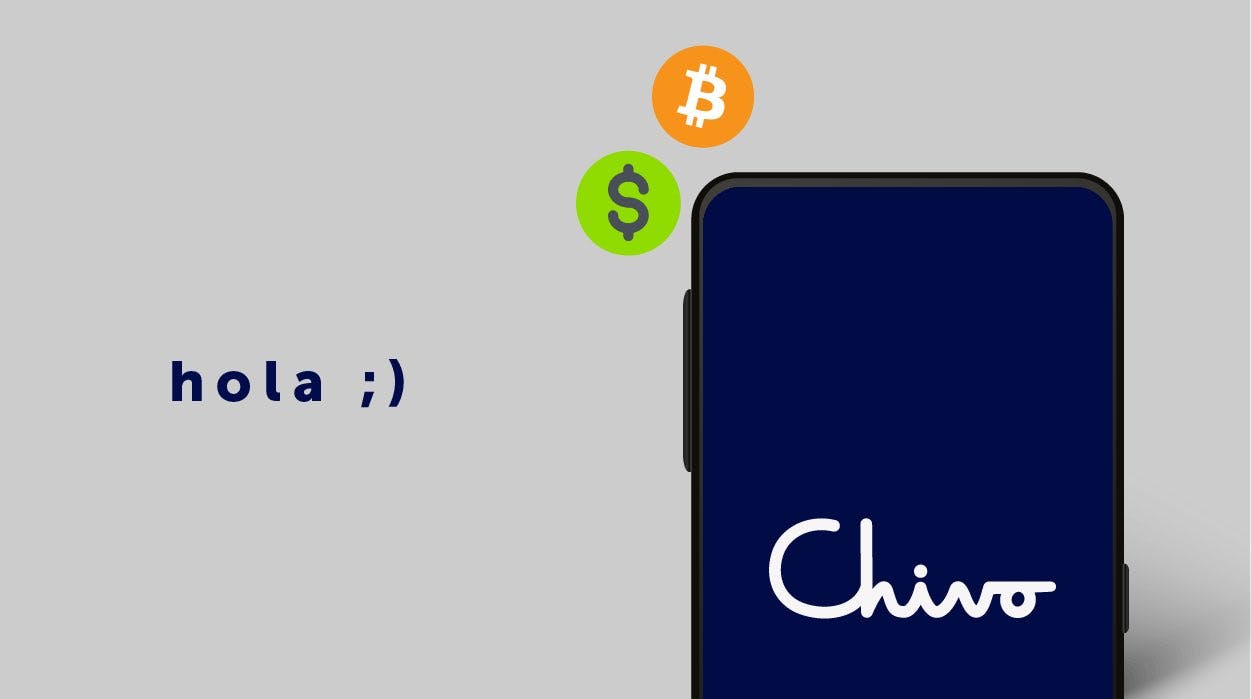El Salvador’s Bitcoin Wallet Could Disrupt Traditional Remittance Market
“Any [company] that charges fees for any type of payment is going to be impacted by bitcoin,” Validus Power Corp’s Greg Foss said.

El Salvador digital wallet Chivo
key takeaways
- Roughly 70% of Salvadorans do not have traditional financial services like bank accounts, resulting in 24% of the country’s gross domestic product to come from remittances
- President Nayib Bukele said that bitcoin could save Salvadorans $400 million per year in remittance fees
El Salvador became the first country to officially adopt bitcoin as a legal tender on Tuesday. Residents can use the digital asset to pay their taxes, rent or a simple cup of coffee.
However, with unprecedented adoption comes criticism from vendors who are required to accept payment in bitcoin. Additionally, concerns stem from Salvadorans who believe the digital currency may be too volatile and can’t support their economy, which heavily relies on remittances.
Roughly 70% of Salvadorans do not have traditional financial services like bank accounts, resulting in 24% of the country’s gross domestic product to come from remittances. With an average minimum wage of roughly $1.50 an hour, 94% of recipient households use wire transfers towards everyday necessities like food.
Residents often receive funds from money services providers like Western Union which can have fees of 30% per transfer depending on the sum being sent, CNBC reported. President Nayib Bukele said this is one reason why he advocated for bitcoin’s adoption in the first place. Digital wallet, Chivo, allows Salvadorans (living at home or abroad) the chance for free cross-border payments instead.
Bukele has said that these innovations will save Salvadorans $400 million annually in remittance fees.
“Decentralized finance will work in the best interests of those who rely upon remittances and are unduly burdened by the high commissions associated with sending money home, as these would be eliminated by cryptocurrency,” Edan Yago, contributor to DeFi protocol Sovryn, said in a email statement to Blockworks. “While human beings are naturally averse to the unknown, El Salvador has taken measures to reduce uncertainty, decrease the crypto currency’s volatility, and incentivize its use.”
Traditional financial institutions like Western Union and MoneyGram who make profit off of these transfers could be in for some trouble, potentially costing them the hundreds of millions that come from Salvadoran remittance fees.
“Anything that charges fees for any type of payment, it doesn’t have to be remittances, is going to be impacted [by bitcoin],” Validus Power Corp’s Greg Foss said, including merchant services like Visa. “[Companies] better adapt. Creative destruction is necessary for capitalism.”
However, in recent years, companies like Strike, founded by Jack Maller, have begun offering payment services that those who have historically dominated the remittance market have not.
Strike, which is built on Bitcoin’s Lightning Network, allows users to send money anywhere in the world for free. (The Lightning Network can significantly cut down the fees and time it takes to send bitcoin, settling transactions via a network of user-hosted nodes and channels.)
“People will gravitate to the lowest cost alternative. It’s that simple,” Foss said.
Are you a UK or EU reader that cant get enough investor-focused content on digital assets?Join us in London on November 15th and 16th for the Digital Asset Summit (DAS) London. Use code ARTICLE for £75 off your ticket. Buy it now.





